
Why Is My Air Conditioner Constantly Switching On and Off?
View Article
May 15, 2020

Why Is My Air Conditioner Constantly Switching On and Off?
View Article
May 15, 2020
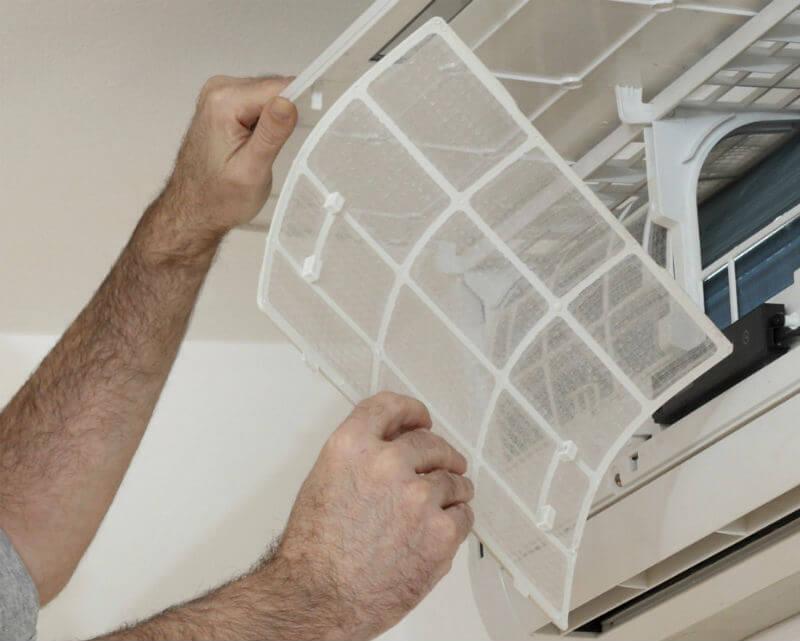
What Type of Air Filter Is the Most Efficient?
View Article
May 14, 2020
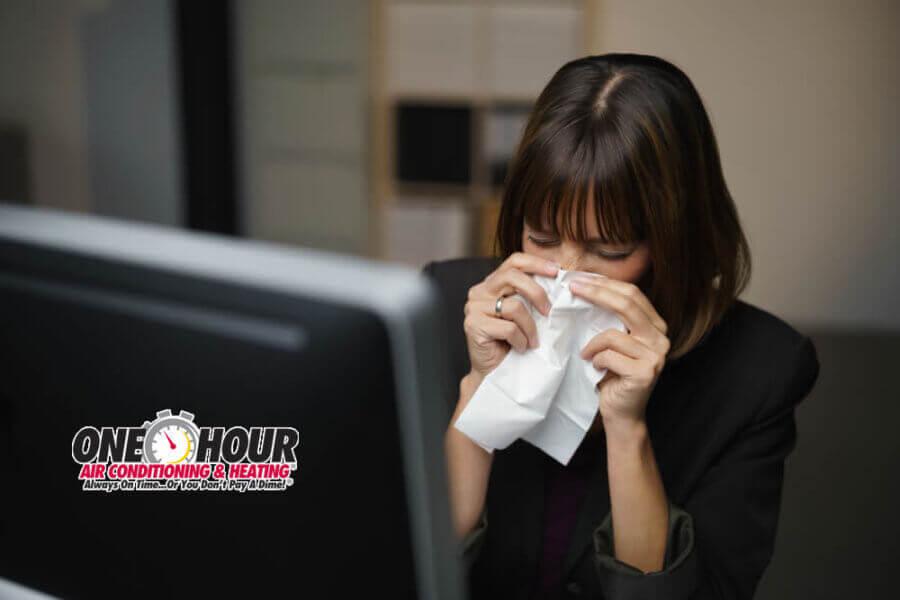
How AC Maintenance Reduces Allergens
View Article
January 5, 2017
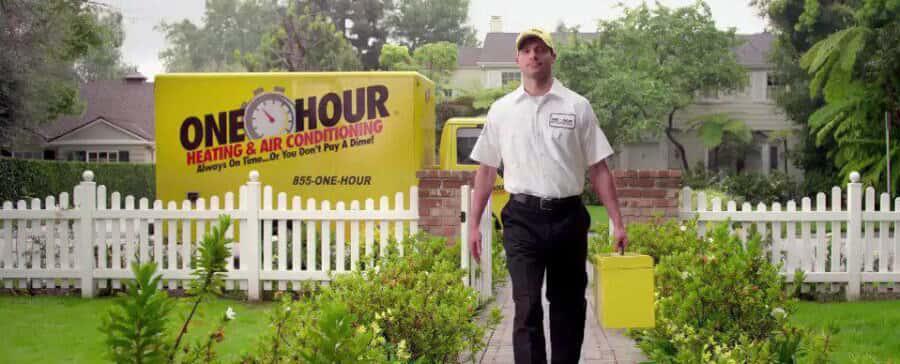
How to Hire a Good HVAC Contractor
View Article
December 5, 2016
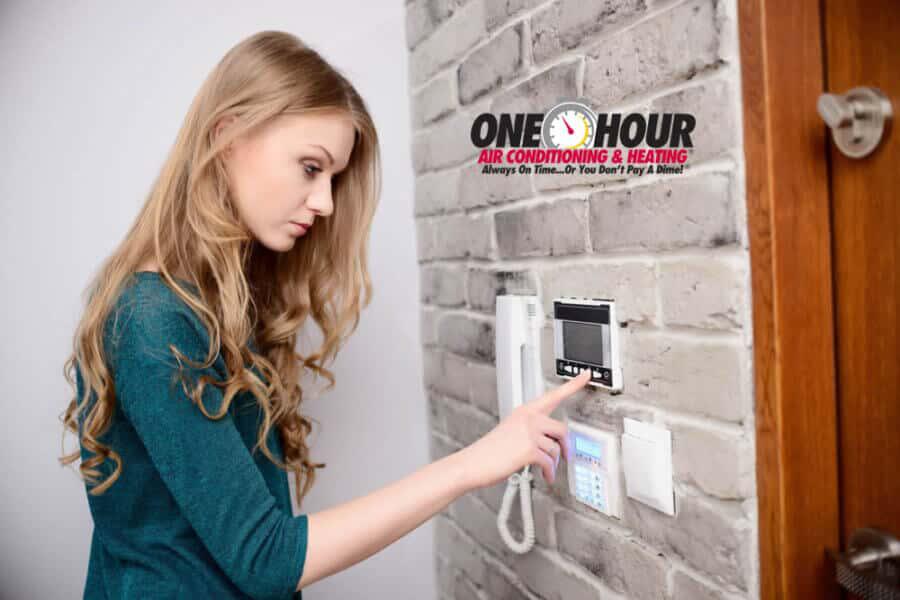
How to Keep Your Heating Bill in Check During the Winter
View Article
November 5, 2016
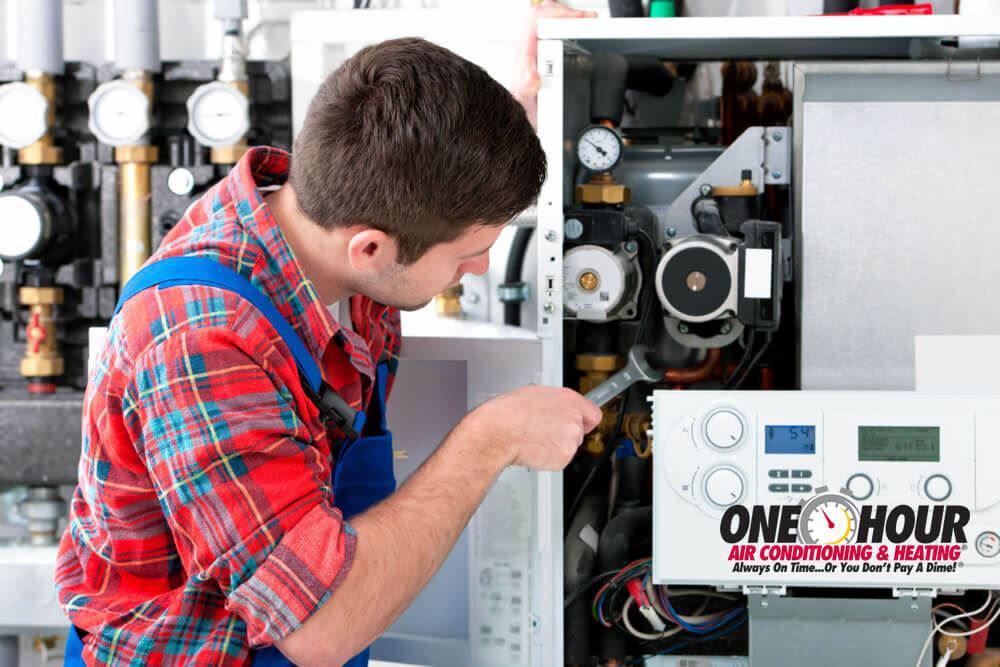
Telltale Signs Your Heater Needs Help
View Article
October 5, 2016
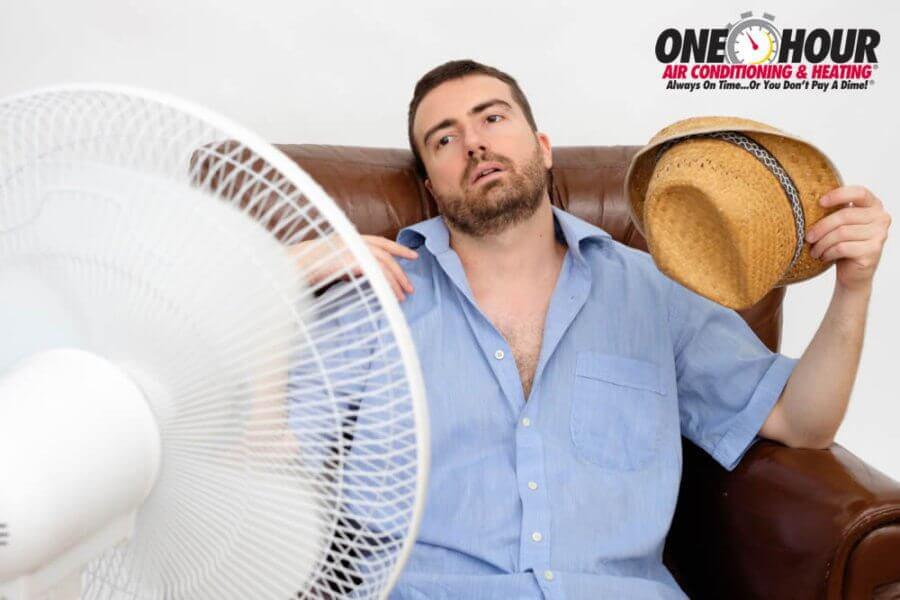
What to Do When Your AC Doesn’t Start
View Article
September 5, 2016

Back to School HVAC Maintenance
View Article
August 5, 2016
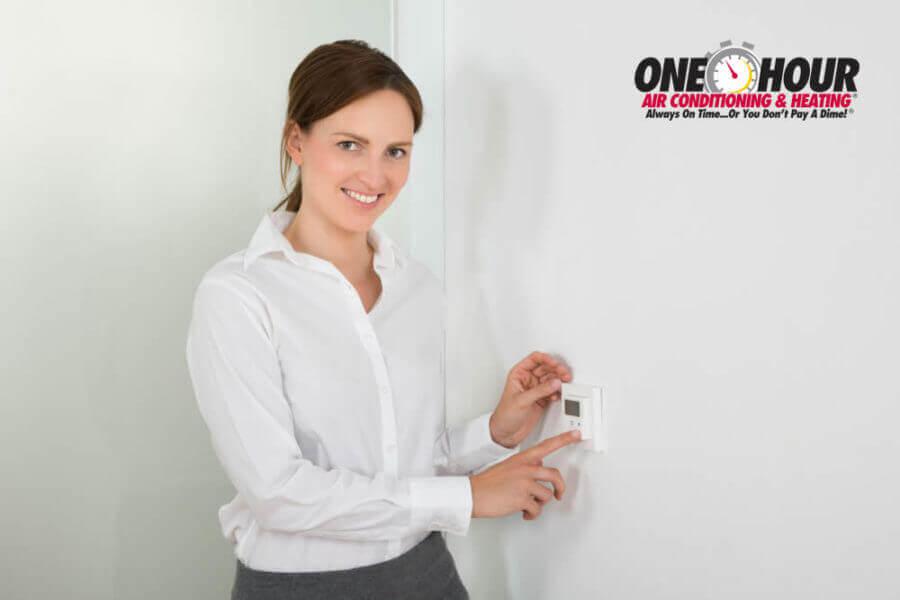
AC Tune-up Tips
View Article
July 5, 2016
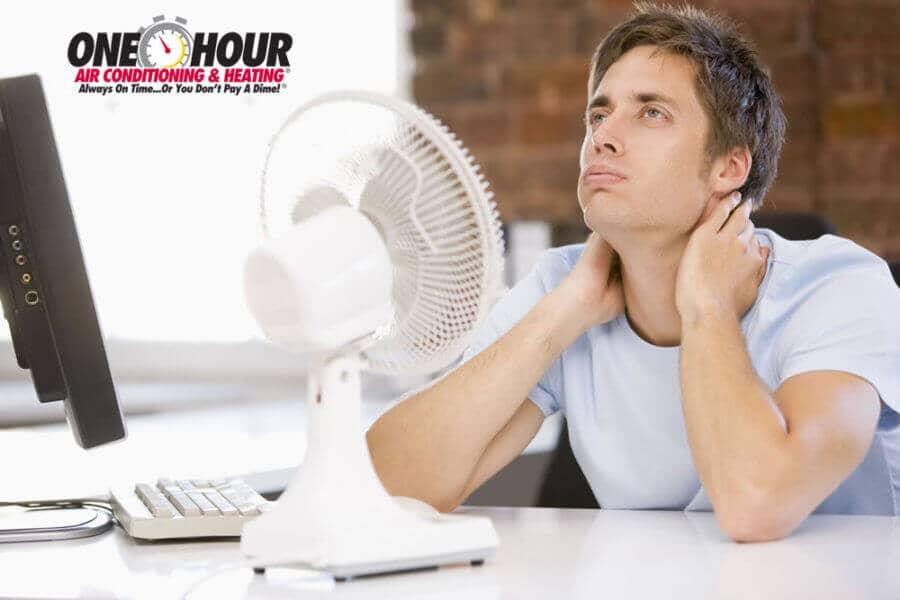
Air conditioning system Mistakes You Should Learn to Avoid Before the Summer
View Article
June 5, 2016
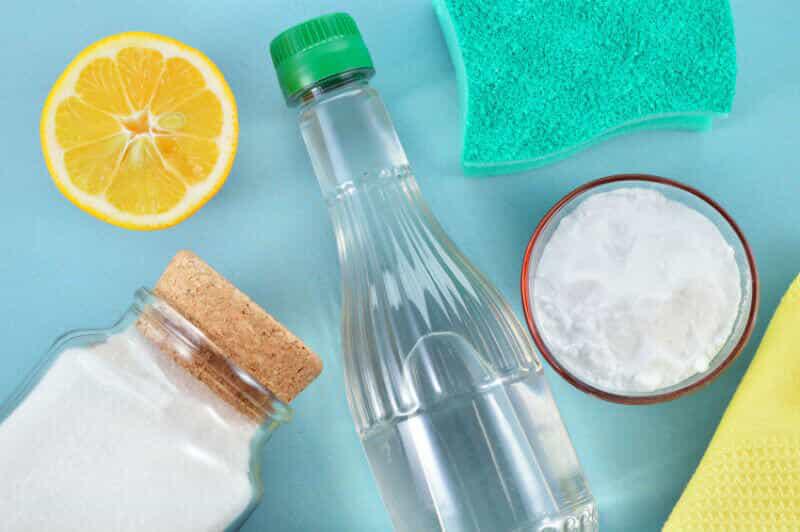
How Can Vinegar Help My AC?
View Article
June 1, 2016

Be Cool for Mother’s Day
View Article
May 5, 2016
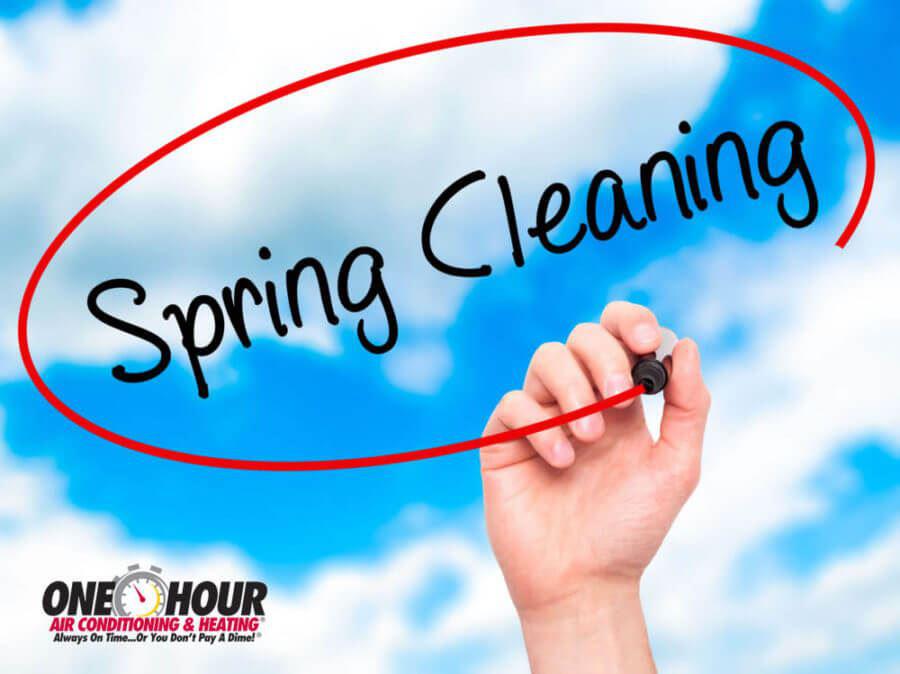
Spring Cleaning for Your HVAC
View Article
April 5, 2016

What Leap Day 2016 Means for Your Heater
View Article
March 5, 2016

HVAC Do’s And Don’ts For New Homeowners
View Article
February 19, 2016

Valentines Day in Largo: Here’s What to Do!
View Article
February 13, 2016

Stay Cozy This Valentines Day With These Heating Tips
View Article
February 12, 2016
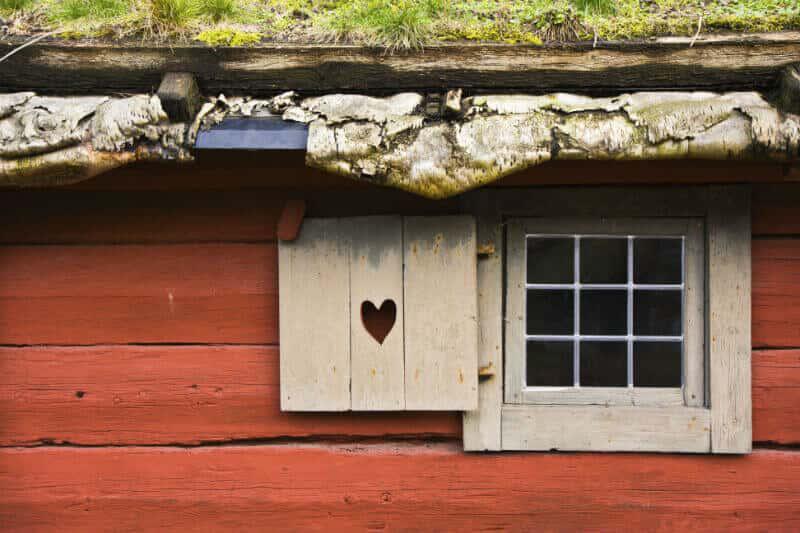
Love Your Lungs By Having Clean Air in Your Home
View Article
February 10, 2016
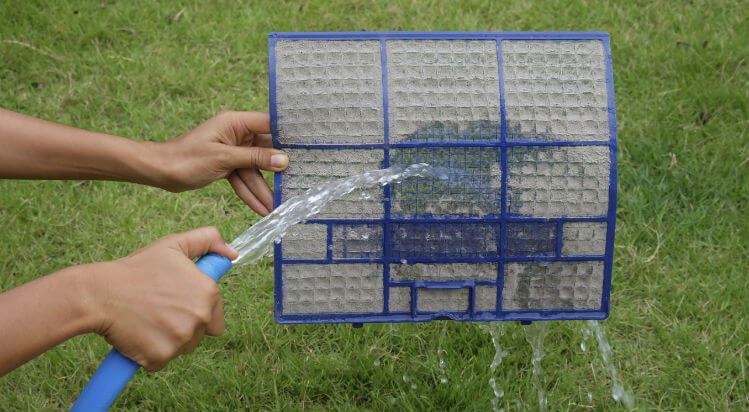
What’s the Easiest Way to Keep My Hvac System Clean and Working Properly?
View Article
January 31, 2016
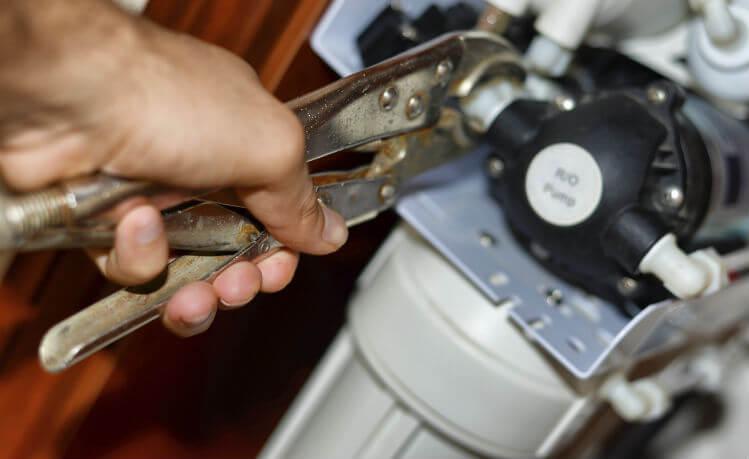
What Every Homeowner Should Know About a Clogged AC Drain Pipe
View Article
January 30, 2016

Why Does My AC Smell Like Rotten Eggs?
View Article
January 27, 2016